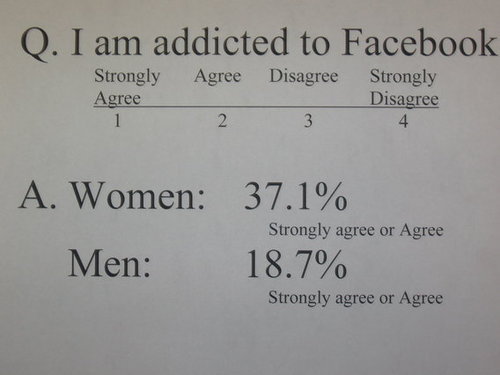Why You Should Incorporate Game Mechanics into Your Web App
Why You Should Incorporate Game Mechanics into Your Web App

Awhile back, I wrote an article about how I consume so much and that I should be producing more. The experiment seemed to be a success. I kept to my goals of checking my sites only once a day. I even spent a few hours to whip up a web app to track my Production Number. The app is really simple. There are two buttons and a text box. If I’m consuming (reading blogs, sites, etc) I can press a button to track my consumption time. If I’m producing (writing code, emails, blog posts ,etc) I can track my production time. Each task is added to the page and colored red for consumption or green for production. My Production Number was recalculated at the end of each task. I can also see a listing of all of the days before and their corresponding Production Numbers.
What’s interesting is how my mind started to want to compete with the previous day’s Production Number. Each day, I made sure that I was spending my time wisely producing and not spending as much time consuming. I loved seeing my Production Number get bigger and bigger. I also hated seeing lots of red tasks. I then realized that my mind was playing a game - a simple game of increasing my Production Number, that has the added bonus of increasing my real-world productivity. A win-win I would say.
Are you building game mechanics into your web app? If not, you should be. Think about all of the web apps that you use. Do they incorporate game mechanics? Facebook and Twitter sure do. Consider your friend counts. I really like Stackoverflow and Hacker News. It’s the nerd in me… but I love to spend time on them. Stackoverflow has a point system that gives points for asking/answering questions. They also rank their uers. Hacker News does something similar. Hacker News gives points if you submit an article or comment. These factors increase the likability of apps. They incentivize you to comment, ask a question, or submit a link.
Don’t just take my word for it, Fred Wilson gave a presentation about the 10 most important features every web app should contain. The last is ‘playful’:
In any case, the ability to play in an application is really important. The game dynamic is what you can use to get users to do what you want. An example I like to use here is something that’s not even a web app. If you think about Weight Watchers, it’s a game. It has some really important game dynamics. You establish goals, measure yourself against those goals, and you report against those goals, and you get rewarded for meeting those goals. That game dynamic is the thing that ultimately makes Weight Watchers successful for some people.
That kind of approach should be, in some way, shape, or form, in every application. If you look at LinkedIn, when it first launched, I had friends who were manically trying to accumulate relationships in LinkedIn. You saw that with people trying to accumulate followers in Twitter, friends in Facebook, and that’s one kind of game dynamic. There are clearly other kinds of game dynamics out there.
Foursquare would be an example of taking very much game elements like status, badges, and things like that, and using that as a way to empower the development of what is, effectively, a local information service. You don’t have to be as blatant about it as Foursquare is, but I do think that applications need to be playful. It will make users have more fun using your application, and because you can incent the kind of behavior you want to create in your application.
Fred is right. Games incentivize users to do what you want. Jeff Atwood, creator of Stackoverflow, states that game mechanics are essential to community based web apps. He’s right too.
So, do you have game mechanics in your web app? If not, what’s stopping you? Just display some simple metrics as numbers that the user can control. I think you’ll be surprised at the results.
You can follow me on Twitter: @jprichardson
-JP Richardson
If you made it this far, you should follow me on Twitter. Follow @jprichardson
-JP